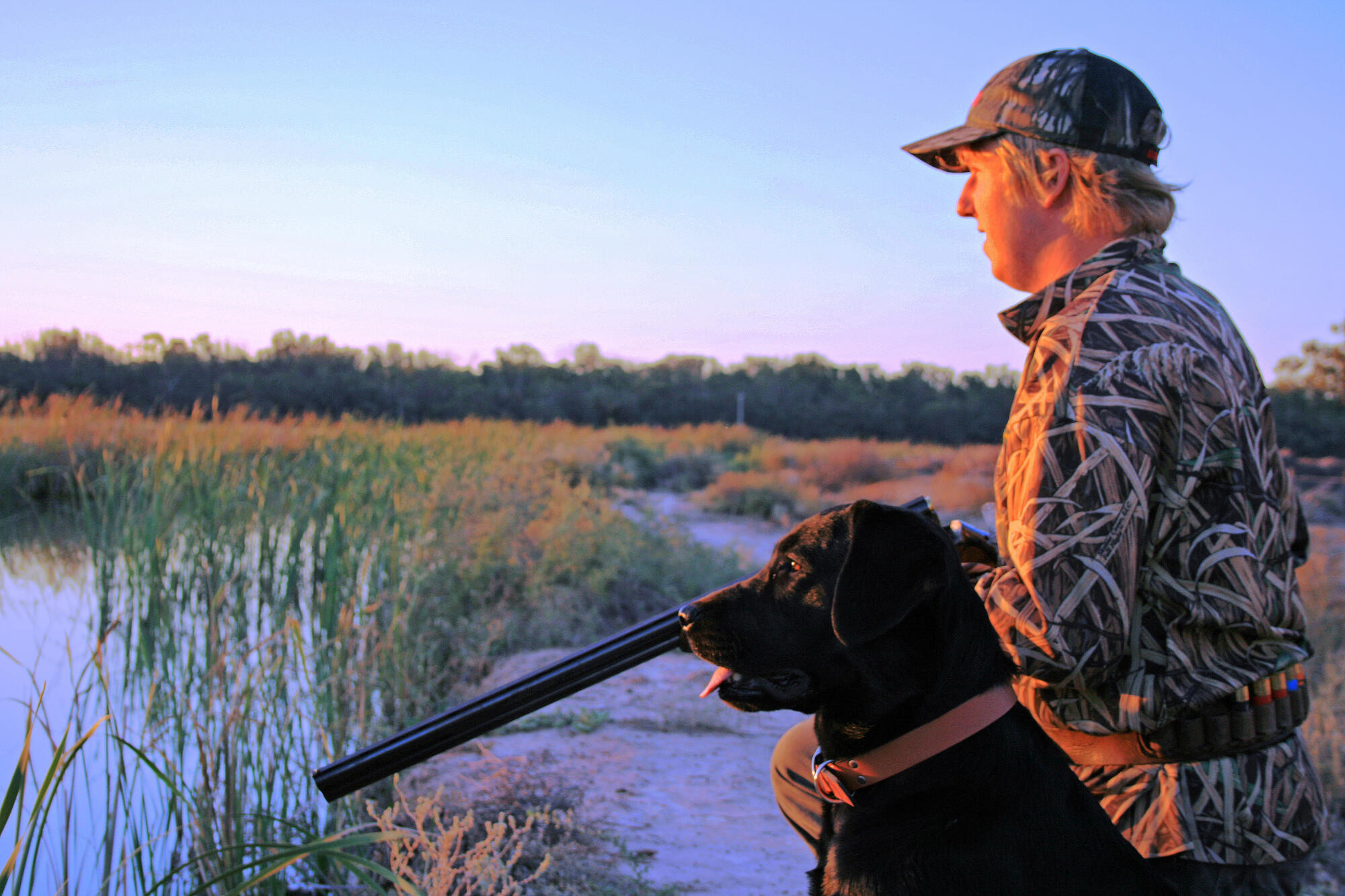Politics & Council
10 December, 2023
OPINION Duck hunt ban will access bigger share of nature tourism
By FIONA BYRNES OVER 1.6 million Victorians now live regionally, with the right to peaceful enjoyment of their properties. Regional businesses need tourism. Farmers need protection from trespass and crop contaminants. Less than half of one per cent...

By FIONA BYRNES
OVER 1.6 million Victorians now live regionally, with the right to peaceful enjoyment of their properties.
Regional businesses need tourism. Farmers need protection from trespass and crop contaminants.
Less than half of one per cent of the entire Victorian population fire shotguns at native birds for recreation. But the adverse impact on the rest of us is significant.
Recreational native bird shooting is banned in Queensland, the ACT, New South Wales and Western Australia.
Ongoing professional polls show most Victorians want it banned here too. A UComms poll in 2021 showed the strongest support for a ban came from
the regions. There’s good reason. Duck shooting ain’t fishing.
In our latest survey (May 2023) of 821 respondents regarding impacts of bird hunting;
Over half reported safety concerns, stress and anxiety
Over a quarter said they had witnessed illegal activity of duck or quail shooters; trespass, littering, shooting in the dark, leaving wounded birds, shooting protected species, removing habitat, leaving campfires unattended etc.
Nearly 40 per cent lived within 3km of bird shooting (the distance shotguns are audible). A quarter lived within 1km, 16 per cent within 350m and five per cent within 60 metres.
Survey comments were heartbreaking. “Stressful to be woken by what sounds like cannon fire”, “trying to fish during duck shooting is dangerous”, “men dressed in cammo, brandishing weapons whilst our children are enjoying water sports”, “seeing ducks still alive but in agony - shot but not dead“, “I was pregnant at the time and my baby jumped inside me each time a gun went off”, “shot gun pellets striking the house.”
Some ecotourism businesses were forced to close. Farmers couldn’t move around their farms for “fear of being shot at.” Shooting “freaked out” racehorses. Traumatised tourists went home. Animals were sent panicked through fences. Children were inconsolable.
Responsible MPs should be asking these questions: how many constituents live within 250 metres of bird shooting?
When were safety risk assessments or a cost benefit analysis done? What is the commercial risk of toxic lead (from quail shooting) in our farm produce? Or the cost to taxpayers of lost tourism? It’s well-known shooting deters tourism.
Latest government data shows the number of duck shooting licences has dropped to just 21,959, the lowest since the millennium drought. A third of them aren’t even used.
Most electorates have between zero and half of one percent of their voters with a duck shooting licence. Even marginal electorates are unlikely to swing on this issue. For example Ripon has 531 duck shooting licences.
With a third inactive, call it 345. Labor’s winning margin in 2022 was 2535 votes.
With most Victorians supporting a bird shooting ban, there are votes to be gained by banning it.
Economically, the Parliamentary Budget Office puts the net contribution of bird shooting at just $12 mil for the entire state.
This is without accounting for the costs of lost tourism, lost productivity (as folks can’t work from home and shift workers can’t sleep), compliance monitoring, helicopter duck “counts”, or eye-watering government grants to hunt clubs.
Conversely, birdwatching – which is not compatible with bird killing - brings over $3 billion to our country. It’s time Victoria got its share.
In holding a parliamentary Inquiry into native bird hunting, Victoria’s government finally listened to the voice of regional communities. Our concerns were taken seriously in the inquiry’s report.
Most Victorians, particularly regional, hope the government moves quickly to accept the select committee’s recommendation to ban it.
We need a government that delivers for regional Victoria.
Fiona Byrnes is health and safety director with Regional Victorians Opposed to Duck Shooting